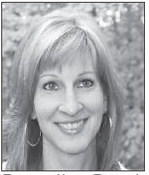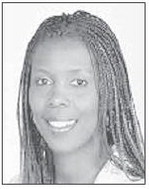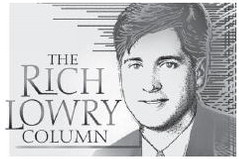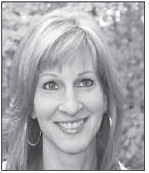Hiroshima


E v e r y year on my birthday, August 6, I’m reminded of something unner v ing . I was born exactly 20 years after the atomic bomb was dropped on Hiroshima— a date that marks both my beginning and one of humanity’s darkest moments.
Growing up, I didn’t immediately understand the weight of this connection. August 6 was simply my birthday, filled with cake, presents, and celebration, including the loud, whimsical singing of the “Happy Birthday” song by friends and family members. But as I learned history in high school, the significance of that date began to settle in my mind like a brick. I learned about the Manhattan Project and its scientific director, J. Robert Oppenheimer, who was deeply involved in the creation of the atomic bomb, which was later used on Hiroshima and Nagasaki. I also learned of the Enola Gay, a B-29 Superfortress bomber that gained notoriety as the first aircraft to drop an atomic bomb in warfare, dropping the “Little Boy” bomb over Hiroshima on August 6, 1945—two decades before my birth.
And so my birthday has always had a dark cloud over it. I often find myself wishing I had been born on a different day—the Fourth of July with its celebration of freedom, or Valentine’s Day with its message of love, or even Christmas, sharing a birthday with Christ himself. Instead, I share my special day with an atrocity. Each year, as we celebrate my life and the anniversary of my birth, the world is remembering—and mourning— the approximately 80,000 people who died instantly on that morning in 1945, and the many thousands more who were orphaned that day or would succumb to radiation sickness in the weeks and months that followed. The suffering is unimaginable.
The bombing of Hiroshima represents a turning point in human civilization— the moment we proved we possessed the power to destroy others— and ourselves—entirely. It ushered in the nuclear age and altered international relations, creating a precarious balance of terror that persists even today. When President Truman decided to use the atomic bomb, he was hoping to end World War II quickly and ultimately save lives on both sides. Yet the human cost was continued from page
staggering, and the moral implications continue to be debated by historians, ethicists, and policymakers today.
What strikes me most about studying this history is how it demonstrates both humanity’s capacity for tremendous destruction, as well as our potential for healing, reconciliation, and forgiveness. Japan and the U.S. are on friendly terms today and have been for years, which is a truly amazing turn of events. The survivors of Hiroshima have spent decades sharing their testimonies not out of hatred, but from a desire to ensure such devastation never happens again. Their courage in speaking about unspeakable trauma has been a powerful force for global peace education.
Historical events ripple through generations. The atomic bomb didn’t just affect those who experienced it directly—it shaped the entire post-war world that I was born into. The Cold War, nuclear deterrence policies, and ongoing debates about nuclear weapons all stem from that moment on August 6, 1945.
I guess we all carry the weight of history, whether we realize it or not. The choices made by previous generations create the world we inherit, just as our choices today will shape the future for those who come after us.
Every August 6, as I blow out my birthday candles, I am grateful for another trip around the sun. I also take a moment to remember Hiroshima and say this silent birthday wish—that in the future, humanity will choose wisdom over destruction, understanding over fear, and peace over war. Amen.






out of
Posted on